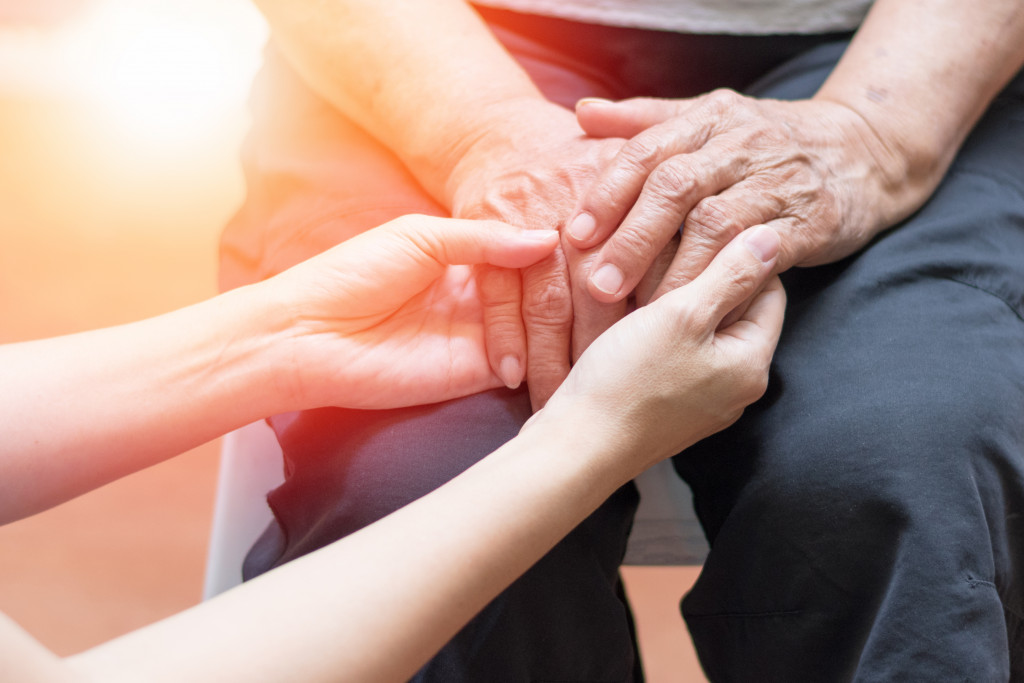Community health is a topic that affects everyone. Community health means the collective well-being of the neighbors and everyone. However, in many communities, major health concerns need to be addressed. Knowing these issues is important so everyone can work together to find solutions. Here are some of the most pressing community health concerns and how to address them.
Mental Health Issues
One of the biggest challenges facing communities today is mental health issues. Mental illness affects people from all walks of life. It can profoundly affect an individual’s quality of life and ability to function in society. Nearly 20% of adults in the US are experiencing a mental illness, equating to nearly 50 million Americans. 4.91% are experiencing a severe mental illness. You may not notice it, but chances are someone in your community is living with a mental illness.
How to Address This
To effectively address this issue, communities must provide access to mental health services and resources such as counseling and therapy for those who need it. Start utilizing mental health education and awareness programs in local schools. Additionally, communities should ensure sufficient resources for those affected by mental illness, such as support groups, job opportunities, and housing resources.
You can tap organizations already working to combat mental health issues, such as the National Alliance on Mental Illness (NAMI), and support their efforts. Finally, it’s important to reduce mental illness stigma. Hence, those affected feel comfortable seeking help and can openly discuss their experiences. Make sure that the community knows how to detect mental illness symptoms and how to help those affected. They should also be mobilized to spread their knowledge and resources in the community and be someone victims can turn to for help.
Substance Abuse
Substance abuse is another major issue facing communities today. Substance abuse can lead to serious physical, psychological, financial, and social problems for individuals and their families. People use substances to cope with stress, trauma, poverty, and other underlying issues. Other reasons include peer pressure, wanting to fit in, or curiosity.
How to Address This
To tackle this issue, communities should focus on prevention through education, early intervention, and awareness campaigns. Support systems should also be provided for those struggling with substance abuse disorders. Additionally, communities need access to addiction treatment centers so those who need help can get it quickly and easily.
The community can partner with local organizations that provide resources and support services to those in need. Organizations can run sessions for individuals and families to help them understand the dangers of substance use disorder and how to seek help. Sessions can run for a few days or even weeks, depending on the severity of the case.
Ensuring the community has access to basic needs such as education, health care, food, housing, and employment can help reduce the risk of substance abuse. Giving people dignity and something they can work towards can help them cope with the underlying issues that lead to substance abuse.

Access To Healthcare
Finally, access to healthcare is one of the biggest factors affecting community health today. Without adequate healthcare coverage or access to medical services, individuals are at risk for various illnesses and diseases. Because of these discrepancies, people tend to self-medicate. People also tend to let, for example, a toothache pass, thinking that it will eventually go away.
How to Address This
To address this issue, communities must educate individuals about the importance of preventive care and regular check-ups. You can do this by organizing awareness campaigns to educate people on the benefits of regular healthcare check-ups and the risks associated with not getting medical care. It is worth partnering with a medical organization that can provide healthcare services to the community, as well as proper seminars and workshops on preventive care and health education.
The community should also ensure that all individuals have access to healthcare services, regardless of their socio-economic status or location. This can be done by setting free medical camps for those who cannot afford the services or looking into providing low-cost health insurance options. Community members can organize a one-day health fair in their area, where they can provide basic health education. Free health screenings could also be offered for those who cannot afford them.
For dental issues, the community can partner with the local dental office, where people can access affordable, preventive care. Dentists may also provide free services for those in need. These services could be basic cleanings or fillings and x-ray to see if there is any underlying issue, such as tooth decay or gum disease.
Ultimately, the community should focus on providing medical and dental services, as well as education and support, on addressing the issue of healthcare access. With a collective effort and collaboration, communities can ensure that everyone has access to the necessary resources for healthy living.




